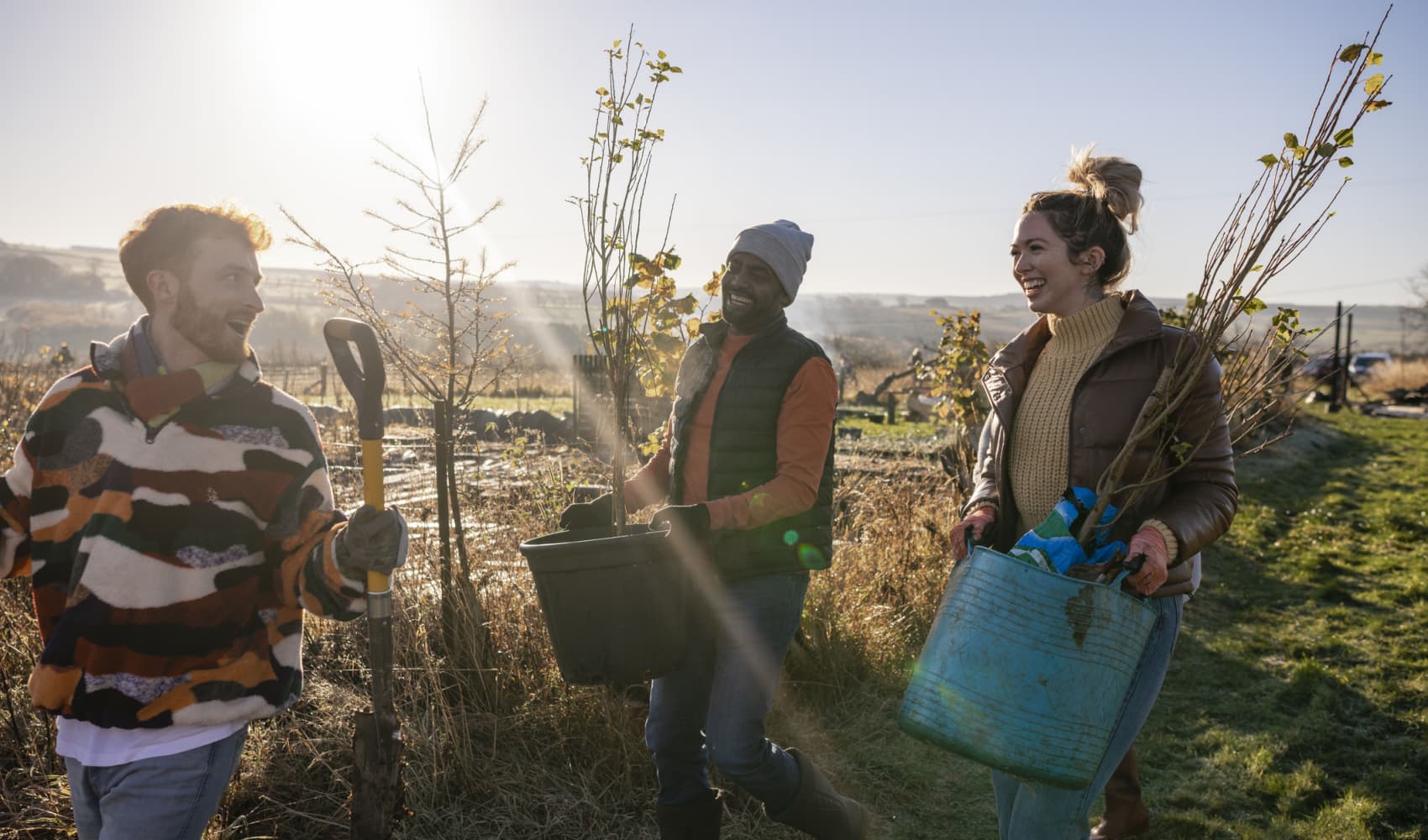Christmas may be over, but the need for people in the giving spirit is as big as ever at many Bay Area charities.
On Thursday at St. Anthony's in San Francisco, there was still a line outside the dining room. More than 1,000 guests come through St. Anthony's every day to enjoy a hot meal and conversation served up by an army of volunteers.
"They come here because of the fact that they love connecting with our guests, other volunteers and staff, and they've met some wonderful people," volunteer program coordinator Brandon Clark said.
It's why so many volunteers come back again and again. But not always right after Christmas.
"People get busy, they get back into work, they're not on winter breaks, etcetera," Clark said. "I'm not exactly sure what happens. We just have a lot less interest during that period of time."
That's a bit of a problem because St. Anthony's does way more than serve meals. They run a free clothing program that's bursting at the seams.
"We get about 60% of our total year's donations in these two months during the holidays," free clothing program assistant manager Ian Sicurella said.
That means they need volunteers to get that clothing sorted, put on racks and into the hands of those who need it most.
"Volunteers help with personal shopping, so helping our guests who may be in wheelchairs or blind, help them describe what the clothing is and grab that for them," Sicurella said.
Get a weekly recap of the latest San Francisco Bay Area housing news. Sign up for NBC Bay Area’s Housing Deconstructed newsletter.
The volunteer shortage isn't unique to St. Anthony's. At the San Francisco-Marin Food Bank's newly-expanded warehouse, they dole out 70 million pounds of food every year to families in need.
"After Christmas we see a significant drop-off of volunteers to the tune of nearly 40% drop-off," Katy Mann said. "This is the time when we really ask the community to help us do our work."
The food bank relies on some 2,000 volunteers every week.
"Our volunteer shifts are only two hours, and that two hours can really leave a big impact to those that are most vulnerable in our community," Mann said.



